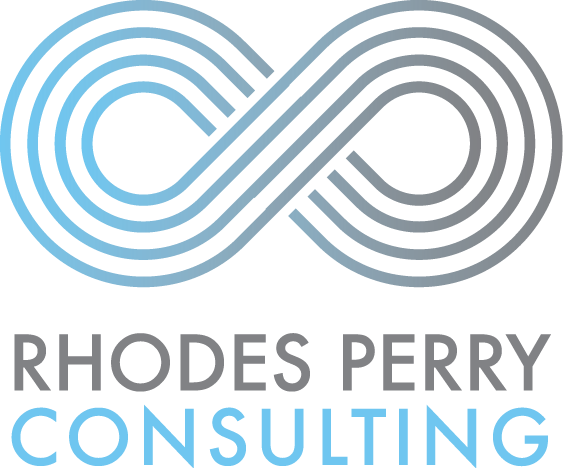Prepare for the Future of Work by Centering Workplace DEI Commitments
Photo courtesy of https://www.stockunlimited.com/
We live in a time of monumental change reshaping our world, and the workplace is not immune. In fact, the definition of “work” continues to evolve with respect to whom, where, how, and what work might look like tomorrow. As we continue to adapt and adjust to the disruptive changes impacting the our workplaces, we know all too well that they aren’t going away, and they aren’t slowing down anytime soon.
As we brace for what the future of work will be, we must prioritize our people by centering workplace diversity, equity and inclusion (DEI) commitments. By doing so, we will make more informed decisions valuing the people who have contributed to our past successes, keeping them engaged and committed to our future victories. To better prepare, consider the following changes and guidance on how you can center your workplace DEI commitments.
Technology Disruptions
Technology has significantly altered the way we work. With it, we now have faster methods of communication, more efficient means of processing data and ideas, and entirely new ways of building teams. Artificial intelligence is one of the most explosive workplace disrupters, enabling employers to cut costs by replacing human-occupied jobs with software programs. Over the next two decades, if not sooner, roughly 30 million workers will lose their jobs due to AI.
While AI will not replace every job, employers must begin identifying those jobs that have “high exposure” to automation, and support employees in these positions with ongoing professional development opportunities and in-house workplace training programs that empower them to upskill, reskill or change jobs within the organization. Centering professional development opportunities around problem-solving, interpersonal skills and emotional intelligence will enable your people to remain competitive for the future. This proactive approach will help you center your people by supporting them as they adjust to these workplace shifts without being displaced.
Distributed Workforce
Technological shifts have also influenced the way we communicate, collaborate, interact, and participate in our place of work. A growing number of employers now rely on remote teams of qualified workers from all around the world instead of having one physical location where teams meet to conduct business. In fact, a recent study found 70% of professionals worked remotely at least once a week, and 53% worked remotely for at least half the week.
Employers with remote teams can now more easily center their DEI commitments by recruiting diverse talent beyond what is found within their own local communities. Organizations that see the benefits of building diverse remote teams must have the ability to manage teams across cultural differences. To do so, employers must balance the company’s values with the cultural norms and expectations of their global workforce. Taking the time to learn about the cultural norms and expectations of each team member will help strike this balance and build meaningful connections.
Graph courtesy of https://simpletexting.com/remote-work-statistics/
Emerging Markets
As technology enables employers to build remote teams of workers from around the globe, it also empowers people from every part of the world to participate in the global economy. This means that new and emerging markets of consumers will arise, and organizations best positioned to meet their specific needs will remain relevant.
Organizations that infuse their DEI commitments into their marketing practices are more likely to be responsive and take thoughtful action to develop relevant products and services to meet the needs of new markets. Employers can leverage the knowledge of their global workers, their employee resource groups, and targeted focus groups to best position themselves to gain knowledge about what these needs might be.
Future Predictions
We can no longer ignore the fact that the future of work has arrived. The disruptive forces identified above will continue to influence the nature of work itself. As leaders, we have a choice to make, adapt to this shifting future or become obsolete. If we inform our approach with our organization’s DEI commitments, we can make way for a future of work that centers our people, which is a future we can be proud of.
To take this work even further, consider how your organization is responding to the changes identified in this post. Do you see areas where your executive team is responding positively? Do you see places for improvement? What can you do to continue this conversation in your organization and help your leadership team prepare for a people-centered future of work?
____________
If you found this post helpful, consider sharing it with a colleague, and be on the lookout for the next installment of this five part blog series related to the inaugural Belonging at Work Online Summit scheduled for July 13 - 17, 2020. The Summit will empower you to gain the confidence, knowledge, and strategies necessary to build intentional, inclusive workplace cultures where each person on the team is recognized, valued and feels a sense of belonging. Save your seat for the Summit here. Registration is FREE!



